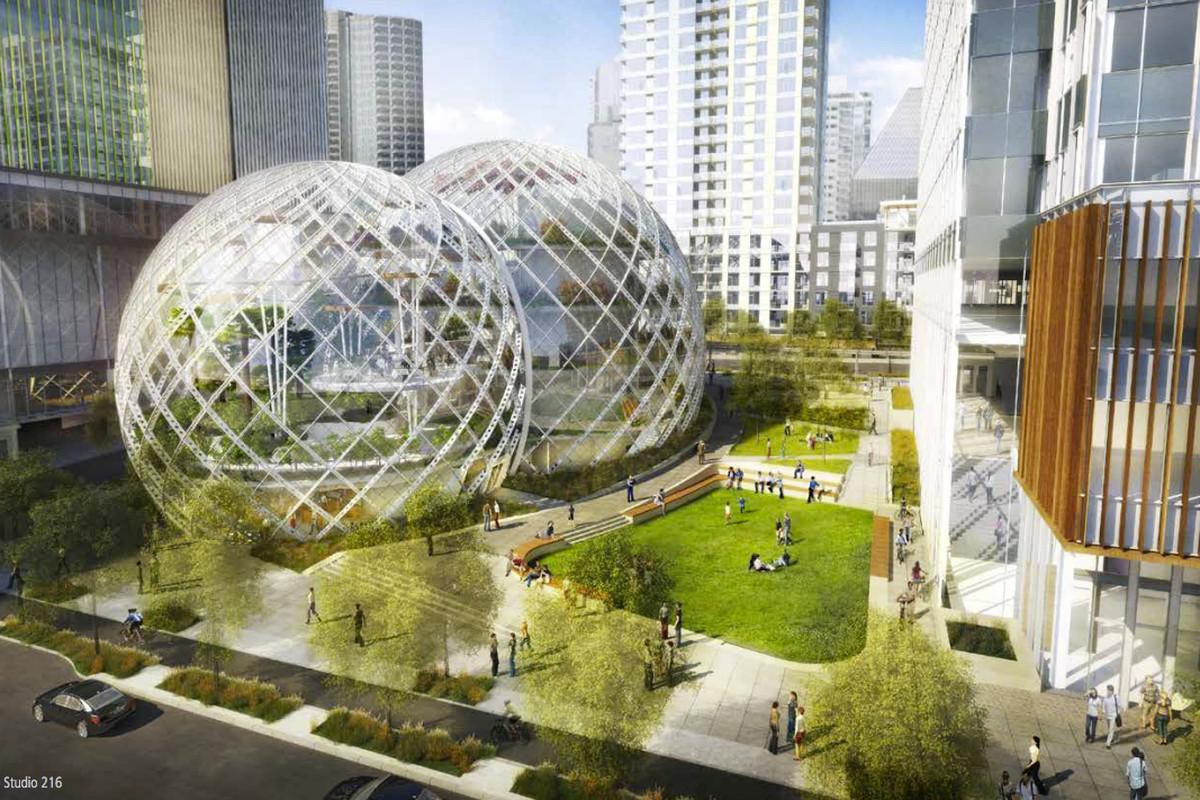The Journal February 2023
It’s a unique new year. Turning the calendar often brings optimism and excitement about big goals and new potential achievements. Some...

It’s a unique new year. Turning the calendar often brings optimism and excitement about big goals and new potential achievements. Some...
The commercial real estate market is heavily influenced by the state of the overall economy. During periods of economic growth, demand for commercial real estate typically increases, which can drive up prices and lead to new construction. Conversely, during economic downturns, demand for commercial real estate tends to decrease, which can lead to falling prices and a slowdown in new construction.